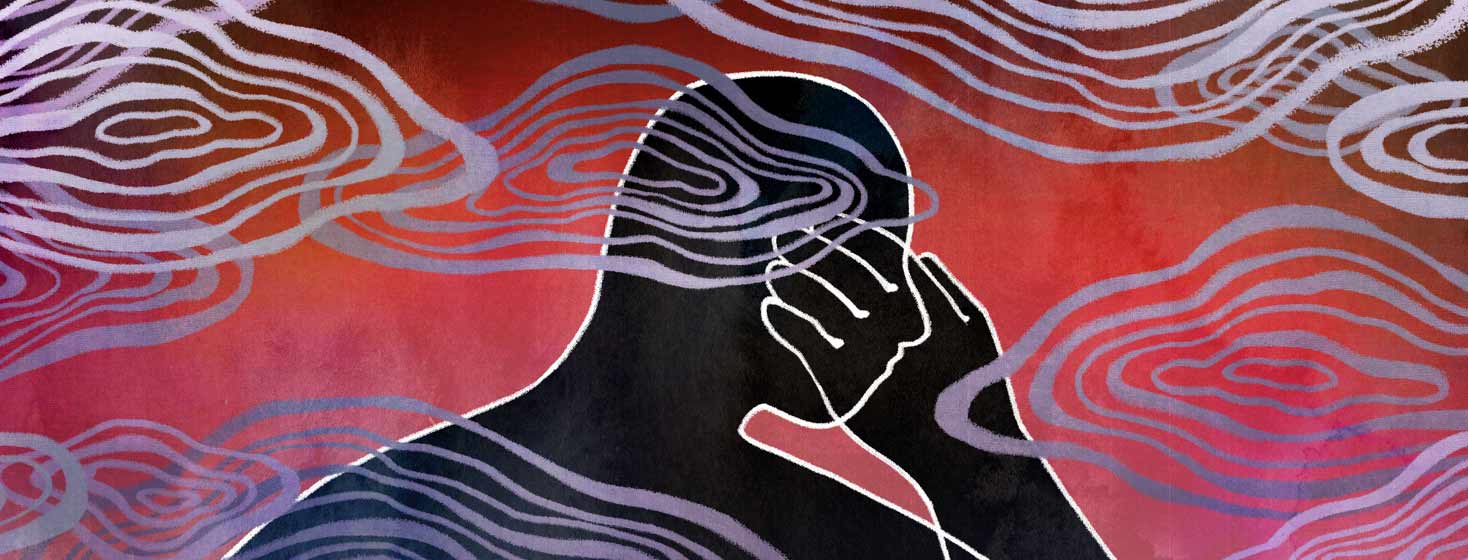The Lasting Impact of Medical Trauma
Many people are familiar with the term PTSD, or post-traumatic stress disorder. It is typically linked to experiences of physical and/or emotional trauma. PTSD is often associated with events like combat, assault, or accidents. However, when I first encountered the term medical PTSD, it piqued my interest because it seemed to describe something uniquely aligned with my own NMOSD experiences.
I wanted to understand what medical PTSD truly meant and whether it was something that applied to my personal journey, particularly regarding my health struggles.
This or That
Have you endured a medical trauma?
Medical PTSD
I began discussing this concept with my therapist, particularly focusing on the numerous challenging medical procedures and long, grueling days of treatment that have significantly impacted my mental health. As someone living with a spinal cord injury, my symptoms vary from manageable discomfort to periods of excruciating pain. These episodes frequently transport me back to the initial traumatic moment when my first NMOSD attack occurred. I was left feeling vulnerable, overwhelmed, and uncertain.
Through these conversations, I learned that medical PTSD is a psychological condition that can develop when a traumatic medical experience leads to persistent, debilitating symptoms. This realization hit me hard, as I recognized that much of what I had been experiencing mirrored the very criteria for medical PTSD.
Symptoms and contributing factors
When I was first diagnosed with it, my symptoms were typical of PTSD but with a medical twist: intrusive thoughts, negative shifts in mood and cognition, hyperarousal, and avoidant behavior. I found myself constantly on edge, anticipating the next flare-up or medical crisis, and retreating from situations that reminded me of the trauma I had endured.
A number of factors contributed to my experience with medical PTSD, beyond the physical symptoms. One of the most pervasive aspects was the loss of control, which often accompanies serious medical conditions. Fear and anxiety became constant companions, especially because I was acutely aware that I could have another attack at any moment.
The process of managing these attacks — figuring out what treatment would work, the long recovery periods, and the uncertainty of the outcomes — was a source of constant stress.
I feared the unknown, and that fear seeped into every aspect of my life.
Ways to cope
However, over time, I began to find ways to cope. Support groups and talking with others who had the same rare condition, became an invaluable resource. It helped to hear others share their experiences, and I came to realize that I was not alone in my struggle. Knowing that others understood my fear, pain, and uncertainty allowed me to feel validated and less isolated.
Additionally, I turned to practices like meditation, yoga, and pilates to manage the negative thoughts and emotions that seemed to flood my mind. These physical activities became crucial in helping me release the tension in my body and mind, offering a much-needed break from the constant worry about my health. I found that by focusing on my breath and my body, I could distance myself from the cycle of rumination and stress that so often overtook me.
When doctors fail to understand
For years, I faced skepticism from medical professionals who dismissed or downplayed the severity of my condition, which only fueled my doubts. When doctors failed to understand the rarity of my disease, I often questioned my own reality. Was I imagining the severity of my condition? Was this all just in my head?
Of course, deep down, I knew the answer was no. But those haunting thoughts of self-doubt were incredibly difficult to shake, and they often colored my daily life, making me question my own decisions and actions.
Anyone who has experienced an NMOSD attack will agree that the fear of recurrence is constant. The trauma of knowing that another attack could occur at any time is a persistent burden.
But as I began to confront these fears head-on, I realized that I had to reframe the way I viewed my journey.
Transforming suffering into strength
I didn’t want to see my illness, or the trauma that came with it, as a purely negative experience. Yet, as many of us with medical PTSD can attest, it is hard to escape the reality that trauma often leaves a lasting mark on our mental and emotional well-being.
Eventually, I found a way to regain control over my thoughts and emotions. By engaging in talk therapy with my psychiatrist and therapist, I was able to process the fear and anxiety that had held me hostage for so long. The support from these professionals, combined with my personal coping strategies, allowed me to slowly let go of the grip that my diagnosis had on my life.
Recognizing and accepting the presence of these negative thoughts didn’t mean resigning myself to them. Instead, I was able to transform my suffering into strength.
The journey to healing is different for everyone, but it is crucial to recognize and honor the traumatic experiences we’ve been through. Understanding medical PTSD and addressing its effects has been an essential part of my healing process. By accepting the reality of what I have endured, I can now find peace, and in time, I hope to continue enjoying life despite the fears that once seemed overwhelming.
Have you ever experienced something similar?

Join the conversation